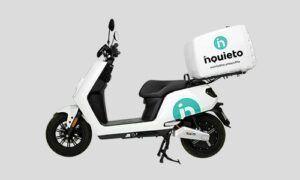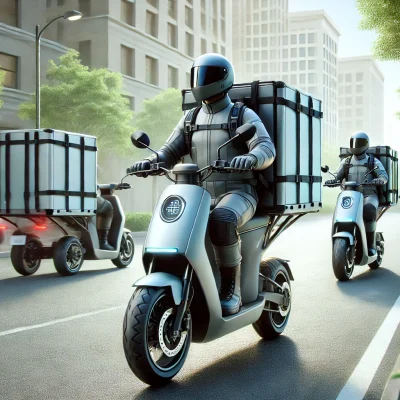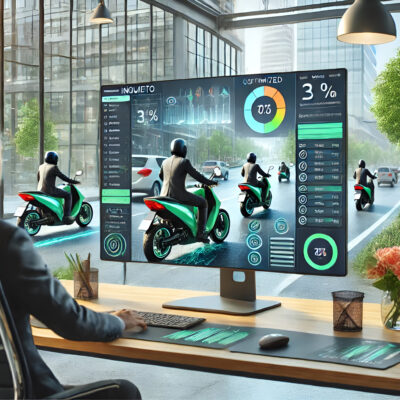Any event – concerts, conferences, fairs or festivals – requires efficient logistics so that everything runs smoothly. And in this context, staff movement plays a vital role and alternative electric vehicles have become an increasingly popular choice. Keep reading this post to learn how these vehicles are transforming staff mobility in the events sector today. We show you what their benefits are both in terms of efficiency and performance as well as in terms of sustainability and respect for the environment.
The importance of efficient mobility at events
Events organisation is a complex process involving the coordination of numerous elements, from stage setting to audience management. In turn, staff movement plays a crucial role. Organisers, technicians, security staff, suppliers and other participants need to move from one place to another quickly and efficiently to ensure that the event runs smoothly.
The facilities where these types of events take place are very large. What’s more, staff movement must be carried out without causing harm to the participants of the events or the environment, in turn affording quick solutions which guarantee their satisfaction. Traditionally, this staff movement has relied on internal combustion vehicles, but alternative electric vehicles are increasingly being adopted.
Advantages of alternative electric vehicles
- Environmental sustainability
Alternative electric vehicles, such as electric bikes and scooters, are far more environmentally friendly than their combustion counterparts. They do not emit polluting gases and they help reduce the footprint of the event.
- Noise reduction
Events are usually held in urban spaces or residential areas. Alternative electric vehicles are considerably quieter than combustion vehicles, which helps maintain a calmer, more pleasant environment both for those attending and for those who reside in the vicinity of the event venue.
- Easy to manoeuvre
These vehicles are usually compact and nimble, making it easier to drive through congested areas such as event venues or narrow streets. In this way, staff movement can be carried out quickly and efficiently, allowing them to get to any space in the event facilities.
- Lower operating and maintenance costs
Alternative electric vehicles tend to afford lower operating costs in terms of fuel compared with internal combustion vehicles. A must-have feature, which can save event organisers money in the long run. What’s more, this type of vehicle also stands out as it requires lower maintenance costs than its predecessors.

Examples of successful implementation
A wide variety of events are already successfully adopting fleets of alternative electric vehicles to improve the mobility of their staff. For example, music festivals today already use electric bikes for staff to move quickly between stages. Many conferences have also implemented electric scooters for organisers and technical staff.


Challenges and future of sustainable mobility at events
Despite the obvious advantages, the implementation of alternative electric vehicles at events is not without its challenges. Charging infrastructure and fleet management are important issues which need to be addressed. However, as technology advances and environmental awareness grows, we are sure to continue to see the increasing adoption of alternative electric vehicles in the events sector.
Basically, staff mobility in the events sector is evolving towards more sustainable options. Alternative electric vehicles offer a number of advantages, from reducing the carbon footprint to improving logistics efficiency. As sustainable mobility becomes a priority, we are likely to see an increase in the deployment of these vehicles at events of all types, improving the experience both for staff and those attending, and contributing to the care of the environment.





